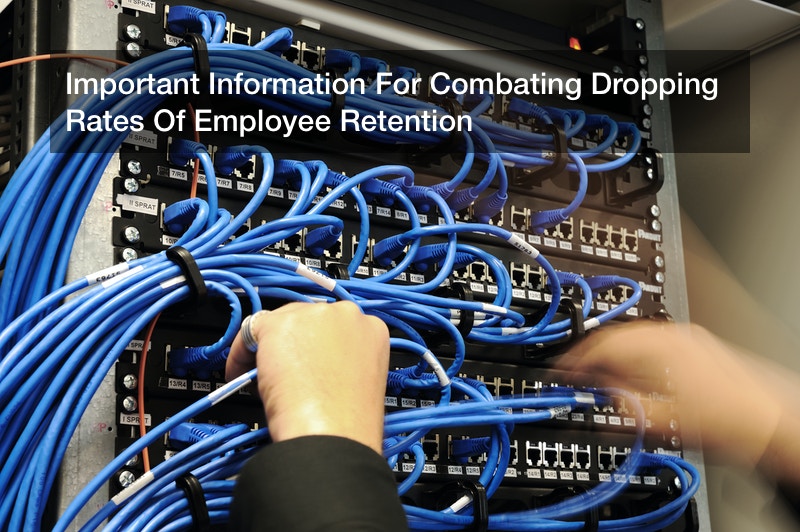Disclaimer: 4 Star Digital. This site provides business content for informational purposes only.
Employee retention has long been problematic here in the United States. As a matter of fact, the data that has been gathered on the subject is more than in support of this claim, showing that, by the June of 2015 alone, more than two and a half million employees had left their jobs on a voluntary basis. This marked a growth in such activity by nearly one full quarter from just a few years preceding this date. In the years that have transpired since, it is a number that has only likely continued to grow.
Such activity is particularly prevalent in the population of Millennial workers. It is not for nothing, after all, that Millennials have become known as the “job hopping” generation. This title is spurred on by the fact that more than half of all Millennials (around 60% of them, to be just a bit more specific) have stated their willingness to leave their current job if offered a better one. There is little in the way of job loyalty to be found, but much of this sentiment has been born out of desperation to make ends meet and provide for oneself and for one’s family.
After all, there are many issues to be found in the workforce of the United States, no matter what field of industry you might be looking at. Many of these issues are quite universal and, in some cases, more than a little all encompassing. Unfortunately, this is something that has dramatically impacted employee retention rates. In this article, we will look at some of the top reasons that employees are so willing to leave their jobs – and what companies can do to hold this off and prevent such behavior.
For one thing, failed hires have become all too common in fields of work all throughout the United States. Many top executives have identified this as a problem. Up to 36% of nearly 1,500 interviewed top executives even felt that a poor skills match was a key reason for hires to fail (followed by unclear performance objectives). Hiring the wrong person for the job in question is certainly not nearly as likely to end well – and in fact can end quite poorly, leading to a high rate of employee turnover.
For many people and many companies, HR consulting for startups can be hugely beneficial. HR consulting for startups can provide new companies, companies that are just getting on their feet, with the essentials for running a successful business. In many cases, HR consulting for startups can help these startup companies set up a hiring process that is solid and firm and leads to successful hires – even in the long term. HR consulting for startups can provide human resource staffing for the organization in question and even an HR startup checklist to tick off. In many ways, HR consulting for startups is a service that can benefit a great many small businesses indeed. With HR consulting for startups, success from the get go can be achieved – at least when it comes to hiring and bringing on employees.
Of course, this is far from the only issue plaguing companies when it comes to worrisome rates of employee retention – a fact that services providing HR consulting for startups are likely well aware of. Many employees also state that, unfortunately, they don’t feel that they are receiving the support and encouragement from their superiors to do their best work. As a matter of fact, they often feel that the opposite is true – and only just a mere one fifth of all employees feel that they ARE, in fact, getting this necessary support and encouragement, something that can breed apathy and poor work quality when it is gone without.
There are a number of steps that can be taken to rectify this specific problem. For instance, employee recognition programs are growing very popular among workplaces found all throughout the country. In fact, up to 86% of all companies that have utilized such programs have seen a corresponding increase in the overall rates of happiness found in their employees. Ultimately, even small changes can make a big difference for workers.
